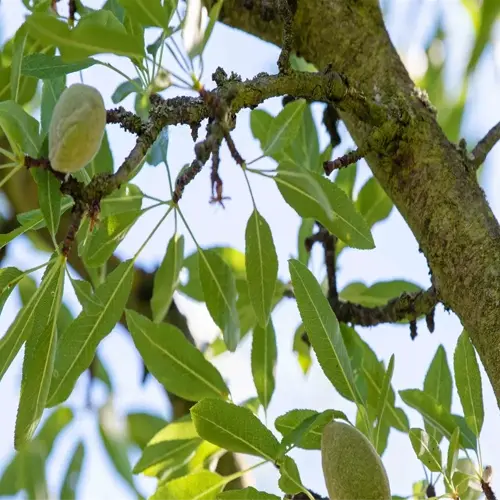How does watering change during the hardening process?

Written by
Julia Anderson
Reviewed by
Prof. Charles Hartman, Ph.D.Acclimatizing seedlings or Hardening off seedlings, by strategically cutting back water a bit encourages roots to grow deeper. Last season my peppers experienced overwatering and, because their roots were very shallow, they flopped around in the wind. Now, I wait until the top inch of soil is dry before watering because this encourages roots to search for moisture deeper in the soil.
Frequency & Soil Checks
- Cut watering by 30-50% compared to indoor schedules
- Test soil moisture with a finger or wooden skewer
- Water only when top 1 inch (2.5 cm) feels dry
Morning Watering Benefits
- Prevents root chill from evening temperature drops
- Allows leaves to dry before nightfall, reducing mold risk
- Supports daytime transpiration without waterlogging
Controlled Dry Spells
- Gradually extend dry periods by 12-hour increments
- Stop watering 24 hours before major weather changes
- Use wilting as a guide, revive within 2 hours
Root Response Monitoring
- Check root tips for white growth indicating adaptation
- Lift pots, heavier weight signals sufficient moisture retention
- Reduce watering further if stems remain sturdy during wilting
Observe soil moisture levels using a $20 probe meter. My basil's recovery resulted in a sound investment. Ideal readings for hardening your seedlings range from 4-6 (on the dry side). Overwatering (8-10) will delay the toughening of your roots, while dry soil (1-3) will add unnecessary early stress before transplanting.
Maintaining balance is so important. Last fall, I allowed the soil of my tomatoes to dry out entirely, and they never bounced back. I now water at the first sign of leaf drooping; although I do not use fertilizer yet. I have been able to retain just enough moisture with a 1-inch layer of mulch to keep the soil between watering.
Read the full article: The Complete Guide to Harden Off Seedlings

